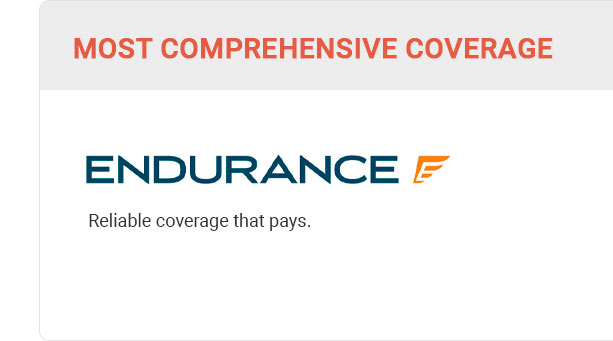 |
 |
 |
 |
 |
 |
 |
 |
 |
 |
|||
 |
 |
|||
 |
 |
|||
 |
 |
|
|||||||
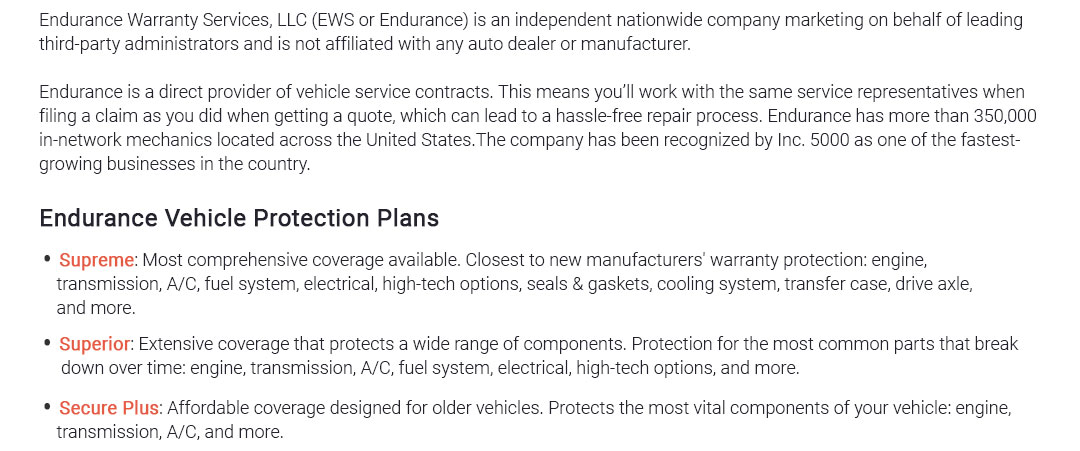 |
|||||||
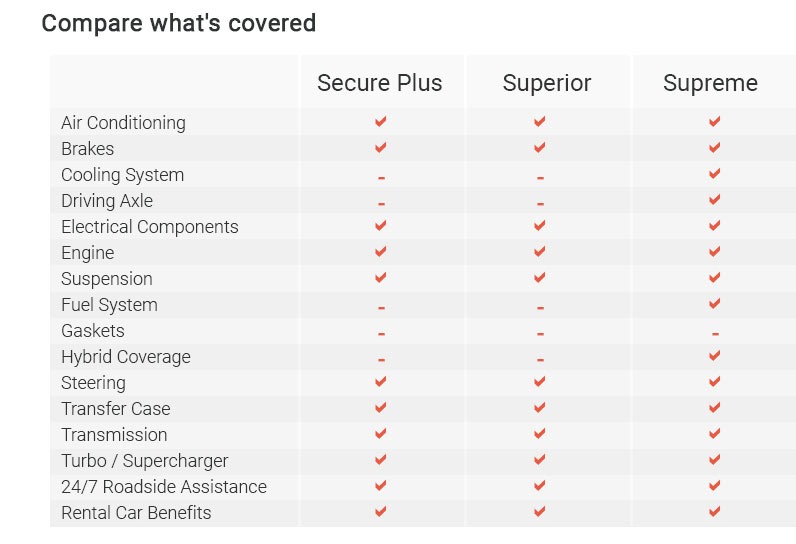 |
|||||||
 |
|||||||
 |
|||||||
|
|||||||
|
||||||
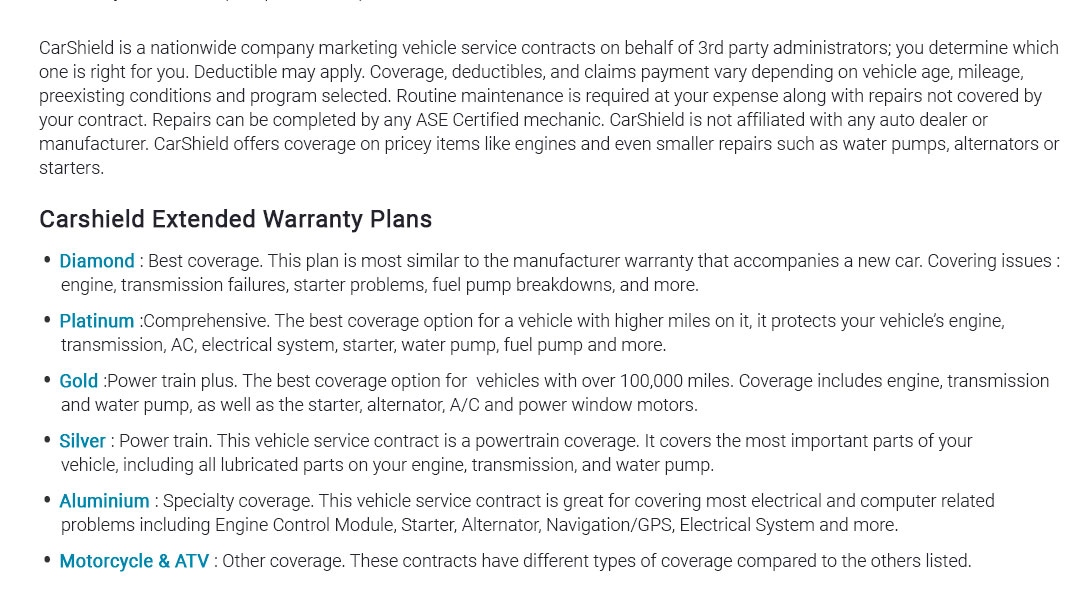 |
||||||
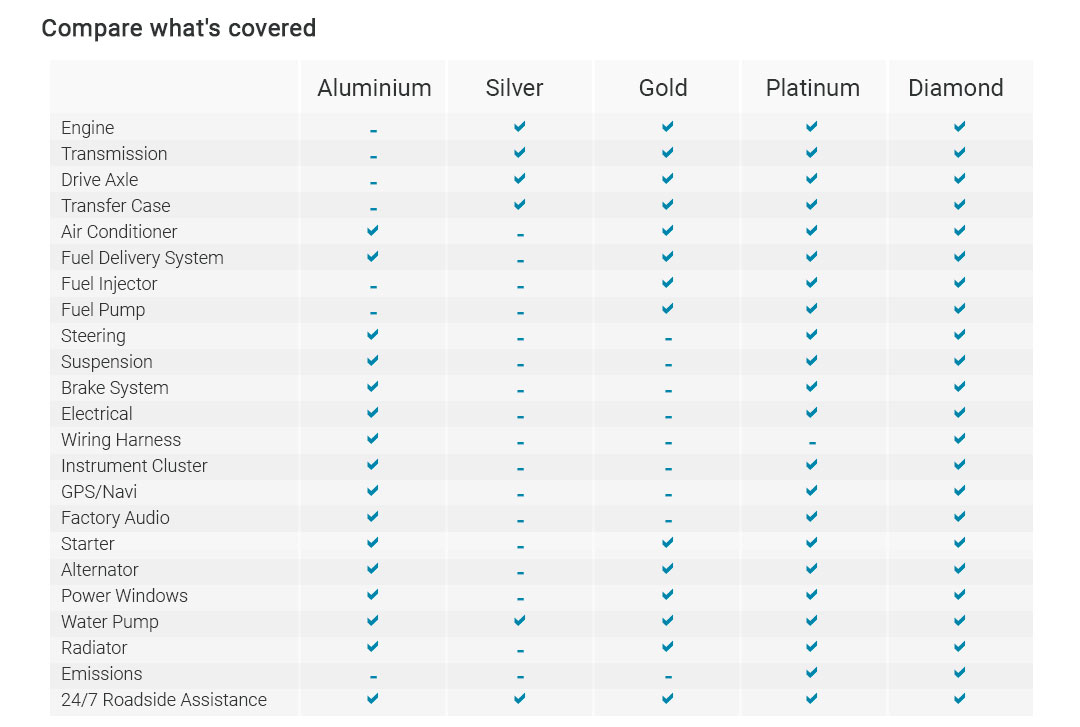 |
||||||
 |
||||||
|
 |
 |
 |
 |
 |
 |
 |
|||
 |
 |
|||
 |
 |
Car Extended Service Plans: Frequently Asked Questions and InsightsThe modern automobile, a marvel of engineering and technology, often represents a significant investment for most individuals. It is not merely a means of transportation but an integral part of daily life, demanding both attention and care to ensure its longevity. Car extended service plans, commonly referred to as extended warranties, have emerged as a popular option among vehicle owners seeking peace of mind beyond the traditional manufacturer's warranty. This article delves into the nuances of these plans, addressing frequently asked questions while offering subtle insights into their practicality. At the heart of understanding car extended service plans lies the question: What exactly are they? Simply put, these plans are service contracts that cover certain repairs and maintenance tasks after the original warranty expires. While the concept is straightforward, the execution and terms can vary significantly, prompting potential buyers to inquire, Are they truly worth it? The answer, as with many financial decisions, depends on individual circumstances, including the vehicle's reliability, the owner's financial situation, and personal peace of mind preferences.
In conclusion, car extended service plans offer a layer of financial security that can be invaluable for some, especially those who own vehicles with a history of mechanical issues or those who wish to avoid unexpected repair costs. However, they are not universally necessary. Evaluating personal needs, thoroughly researching providers, and understanding the terms of the contract are critical steps in making an informed decision. As with any financial commitment, the key is to align the plan with one's specific circumstances and priorities, ensuring that it truly serves as a beneficial investment rather than an unnecessary expenditure. https://www.marketwatch.com/insurance-services/car-warranty/best-extended-car-warranty/
Best Extended Car Warranty Companies of 2025 - Endurance Best Comprehensive Coverage - autopom! Best Customer Service - Carchex Best Industry ... https://cluballiance.aaa.com/automotive/vehicle-warranty
Vehicle Protection Plans ; Full-Service - Starting from $66 per month ; Hi-Tech Vehicles - Starting from $40 per month ; Key & Battery - Starting from $23 per month. https://www.carmax.com/car-buying-process/maxcare-service-plans
Make every mile you drive worry-free with MaxCare, an optional extended service plan. Get your options on any used car we sell.
|



